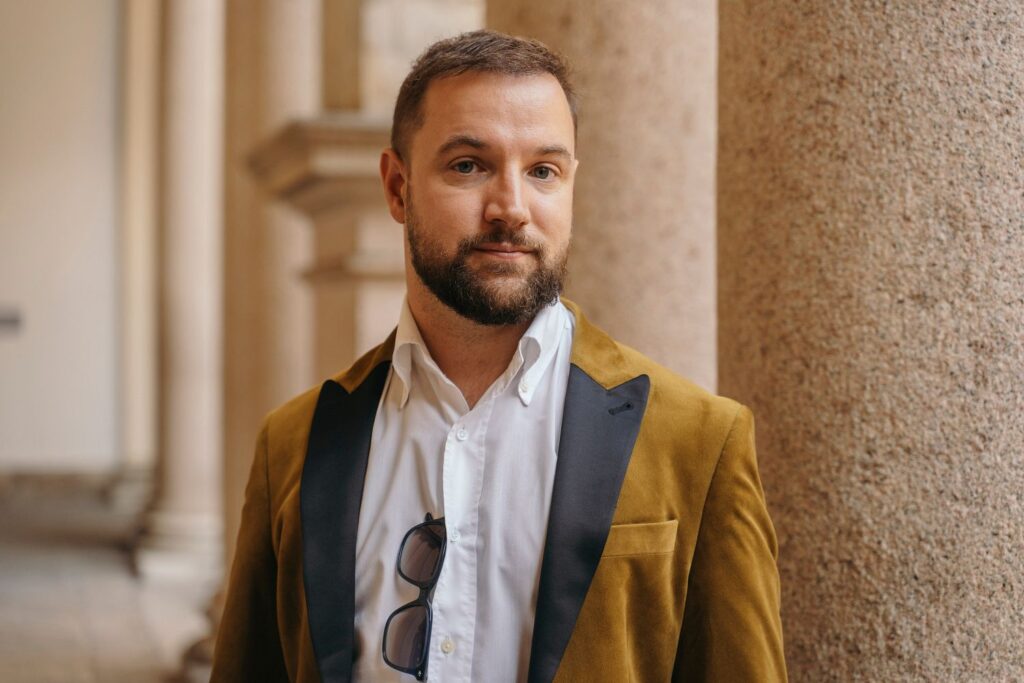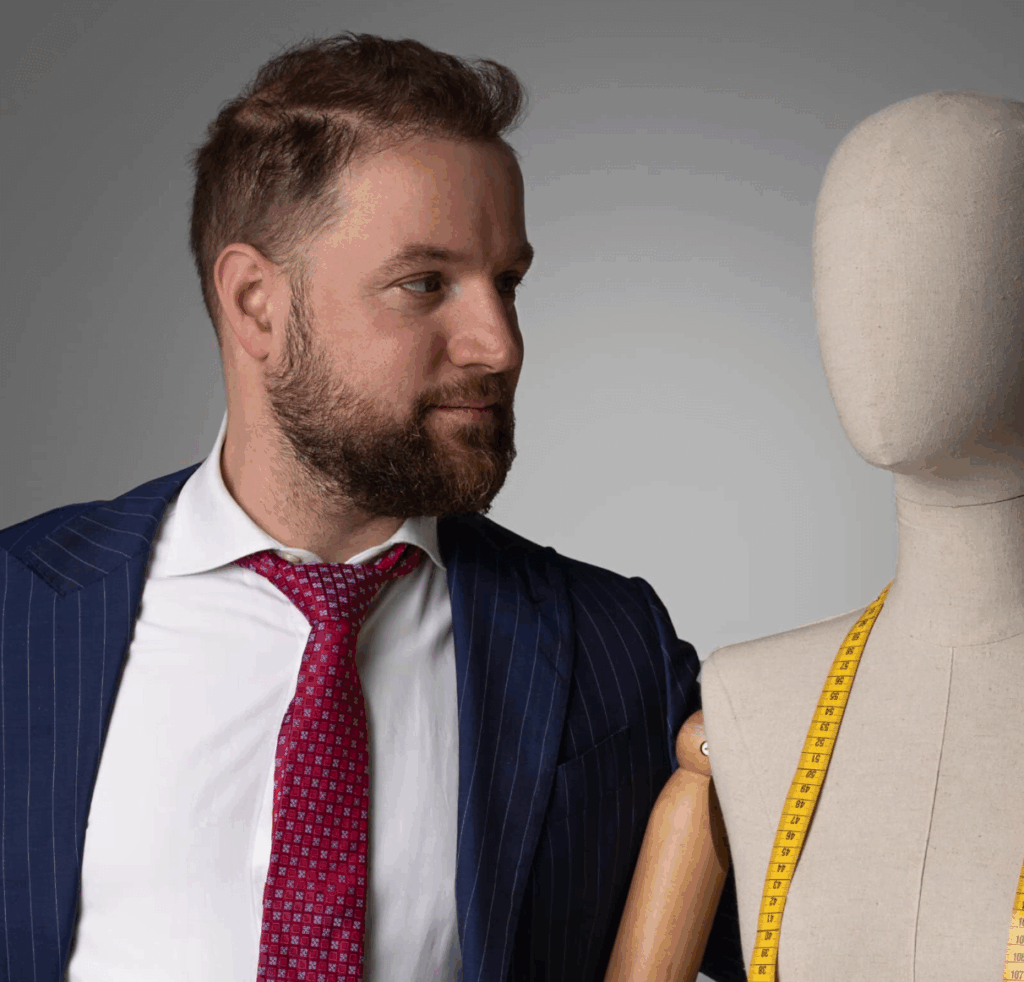Over 60 percent of luxury consumers now expect personalized experiences that reflect their unique values and identity. This growing demand is reshaping what luxury means across the globe. As cultural influences and personal motivations shift, brands face increasing pressure to deliver more than just high-end products. This article unpacks the evolving expectations and psychological drivers behind luxury purchases, offering insights into the new global standard for exclusivity and emotional engagement.
Table of Contents
- Defining Luxury Consumer Expectations Globally
- Key Psychological Drivers Behind Premium Choices
- Evolving Demands in Digital Luxury Experiences
- Personalization and Emotional Engagement Imperatives
- Mistakes and Misalignments Brands Must Avoid
Key Takeaways
| Point | Details |
|---|---|
| Luxury Consumer Expectations | Global luxury consumers prioritize experiences, ethical practices, and sustainability alongside traditional markers of quality and prestige. |
| Psychological Drivers | Luxury purchases are influenced by self-actualization, status signaling, and emotional compensation reflecting deeper psychological needs. |
| Digital Experience Demands | Modern consumers expect hyper-personalized, immersive digital experiences that integrate seamlessly with physical interactions. |
| Avoiding Strategic Mistakes | Brands must adapt to shifting consumer values, ensure authentic marketing, and enhance digital presence to maintain trust and relevance. |
Defining Luxury Consumer Expectations Globally
Understanding luxury consumer expectations requires a nuanced exploration of psychological, cultural, and economic factors that shape purchasing decisions at the highest end of the market. Global luxury consumers are no longer simply purchasing products they are investing in experiences, narratives, and representations of personal identity.
According to research from Business Perspectives, luxury consumer behavior significantly varies across different cultural contexts. What defines luxury in Tokyo might differ dramatically from expectations in Paris or New York. These variations stem from complex interactions between:
- Local economic conditions
- Cultural heritage and social status markers
- Individual psychological motivations
- Personal interpretation of value and prestige
Moreover, contemporary luxury consumers are increasingly driven by deeper values beyond traditional status signaling. IISTE Research highlights that modern luxury buyers prioritize ethical practices and sustainability alongside exceptional quality. This represents a profound shift from historical luxury consumption patterns.
The emerging luxury consumer profile demonstrates remarkable sophistication. They seek brands that not only deliver exceptional products but also communicate a holistic narrative of craftsmanship, social responsibility, and individual expression. Insights into Luxury Consumer Behavior reinforces this understanding, revealing that today’s discerning consumers evaluate luxury through multidimensional lenses of authenticity, innovation, and meaningful engagement.
These expectations translate into concrete demands: personalized experiences, transparent supply chains, innovative design, and a genuine commitment to environmental and social sustainability. Luxury is no longer just about possession it is about connection, purpose, and personal alignment with brand values.
![]()
Key Psychological Drivers Behind Premium Choices
Understanding the psychological mechanisms behind luxury consumption reveals a complex interplay of emotional, social, and personal motivations that drive premium purchasing decisions. Luxury is no longer just about acquiring products but represents a profound expression of individual identity and aspirational psychology.
Research from arXiv illuminates how psychological factors like impulsivity and self-perception dramatically influence consumer behavior in high-end markets. These mental processes go beyond simple transactional impulses and reflect deeper mechanisms of personal validation and emotional fulfillment.
Key psychological drivers behind premium choices include:
- Self-Actualization: Luxury purchases as a means of expressing personal achievement and potential
- Status Signaling: Using premium products to communicate social positioning and success
- Emotional Compensation: Acquiring luxury items as a form of psychological reward or emotional investment
- Identity Construction: Selecting brands that align with personal narratives and self-image
The intricate landscape of luxury consumer psychology is further enriched by Understanding Psychology in Luxury Branding, which reveals how brands strategically tap into these deep-seated psychological needs. Consumers are not merely purchasing products they are engaging in a complex emotional transaction that fulfills psychological desires for recognition, belonging, and self-expression.
Ultimately, premium choices are driven by a nuanced blend of rational considerations and emotional impulses. The most successful luxury brands understand that their offerings must transcend material value and connect with consumers on a profound psychological level, addressing fundamental human needs for meaning, distinction, and personal narrative.

Evolving Demands in Digital Luxury Experiences
The landscape of digital luxury experiences is undergoing a radical transformation, driven by technological innovation, changing consumer behaviors, and unprecedented global market dynamics. Modern luxury consumers demand seamless, personalized digital interactions that transcend traditional transactional boundaries.
Reuters reports significant challenges in the luxury market, highlighting the critical importance of digital adaptation. This digital evolution requires luxury brands to reimagine their approach, creating immersive, intelligent experiences that merge technological sophistication with emotional resonance.
Key digital experience expectations include:
- Hyper-Personalization: AI-driven recommendations tailored to individual preferences
- Immersive Virtual Experiences: 360-degree product interactions and virtual showrooms
- Seamless Omnichannel Integration: Consistent experience across digital and physical touchpoints
- Transparent Digital Storytelling: Authentic brand narratives shared through advanced digital platforms
As highlighted by Complete Guide to Digital Strategy for Luxury Brands, the most successful luxury brands are those who understand digital platforms not as mere sales channels, but as sophisticated storytelling and engagement ecosystems. AP News further emphasizes how geopolitical and economic uncertainties are accelerating the need for robust, adaptable digital strategies.
The future of luxury experiences lies in creating intelligent, anticipatory digital environments that feel simultaneously global and intensely personal.
Brands must leverage advanced technologies like augmented reality, machine learning, and predictive analytics to craft experiences that are not just transactional, but transformative.
Personalization and Emotional Engagement Imperatives
The emotional landscape of luxury consumption has evolved dramatically, transforming from transactional exchanges to deeply personalized, emotionally resonant experiences. Modern luxury consumers demand interactions that go beyond product acquisition, seeking profound connections that reflect their individual identities and aspirational narratives.
Research from arXiv examining luxury perfume consumption among Filipino consumers reveals the intricate psychological mechanisms underlying personalized luxury experiences. This study underscores how emotional engagement is no longer an optional strategy but a fundamental imperative for luxury brands seeking meaningful consumer connections.
Key dimensions of personalization and emotional engagement include:
- Narrative Customization: Crafting brand stories that resonate with individual consumer experiences
- Emotional Intelligence: Understanding and anticipating consumer psychological needs
- Experiential Mapping: Creating holistic experiences that transcend traditional product boundaries
- Individualized Interaction: Designing touchpoints that feel uniquely tailored to each consumer
Understanding Psychology in Luxury Branding further illuminates how sophisticated brands are leveraging advanced technologies and deep psychological insights to create truly personalized luxury ecosystems. arXiv research on sustainable luxury tourism demonstrates how emotional engagement can transform service experiences from generic to extraordinary.
The future of luxury lies in creating intelligent, empathetic interactions that anticipate consumer desires before they are explicitly expressed. Brands must develop sophisticated emotional intelligence, using data not just as a targeting mechanism, but as a tool for deeper human understanding and connection.
Mistakes and Misalignments Brands Must Avoid
The luxury marketplace is unforgiving, with strategic missteps capable of rapidly eroding brand equity and consumer trust. Successful luxury brands must navigate an increasingly complex landscape of evolving consumer expectations, technological disruption, and rapidly changing cultural dynamics.
Reuters reveals a critical insight into luxury market challenges, particularly highlighting how Chinese consumers are moving away from ostentatious displays of wealth. This signals a profound transformation in luxury consumption patterns that demands strategic recalibration.
Common strategic mistakes luxury brands must vigilantly avoid include:
- Overreliance on Traditional Status Signaling: Failing to recognize shifting consumer values
- Tone-Deaf Marketing: Creating campaigns that feel disconnected from contemporary social contexts
- Inauthentic Sustainability Claims: Making superficial environmental commitments without substantive action
- Neglecting Digital Experience Quality: Treating online platforms as secondary to physical interactions
Understanding Why Microtargeting in Luxury Matters emphasizes the critical importance of precision in luxury brand strategies. AP News further underscores potential market vulnerabilities, highlighting how economic factors and strategic misalignments can dramatically impact luxury brand performance.
The most resilient luxury brands will be those that combine adaptive strategy, genuine brand authenticity, and a deep understanding of emerging consumer psychology. Success demands continuous learning, cultural intelligence, and the ability to anticipate rather than simply react to market transformations.
Unlock the Full Potential of Luxury Consumer Insights for Your Brand
The evolving landscape of luxury consumer expectations demands more than traditional marketing. Brands must understand deep psychological drivers like emotional engagement and authenticity to connect meaningfully with sophisticated consumers. If your goal is to craft hyper-personalized experiences that align with shifting cultural and digital trends, avoiding common missteps while embracing innovation, you need expert guidance tailored to these exact challenges.
Explore how psychology-driven marketing and precision in luxury branding can transform your strategy in our Marketing Fashion – Corrado Manenti section. 
Take action now and partner with Corrado Manenti to integrate cutting-edge, psychology-based strategies that elevate your brand’s authenticity and digital presence. Visit Corrado Manenti to transform your luxury marketing approach today and discover practical insights in Fashion in Pillole – Corrado Manenti. Your brand’s future in the luxury market begins with understanding the consumer at their core.
Frequently Asked Questions
What are the key factors influencing luxury consumer expectations?
Luxury consumer expectations are shaped by local economic conditions, cultural heritage, individual psychological motivations, and personal interpretations of value and prestige.
How do psychological factors affect luxury purchasing decisions?
Psychological factors such as self-actualization, status signaling, emotional compensation, and identity construction play a significant role in influencing luxury purchasing decisions, reflecting deeper personal motivations beyond mere product acquisition.
What are modern luxury consumers looking for in digital experiences?
Modern luxury consumers demand hyper-personalization, immersive virtual experiences, seamless omnichannel integration, and transparent digital storytelling that create deep emotional connections and enhance brand engagement.
What mistakes should luxury brands avoid to maintain consumer trust?
Luxury brands should avoid overreliance on traditional status signaling, tone-deaf marketing, inauthentic sustainability claims, and neglecting the quality of digital experiences, as these can erode consumer trust and brand equity.
Recommended
- Blog – Corrado Manenti
- 7 Insights into Luxury Consumer Behavior Lists – Corrado Manenti
- What is the Ultra-Luxury Market? Understanding Its Dynamics – Corrado Manenti
- 8 Key Consumer Behavior Insights List for Luxury Brands – Corrado Manenti
- Auto Detailing for Luxury Cars: Complete Guide
- Luxury vs Comfort Shoes: Everything You Need to Know – YDA UK



